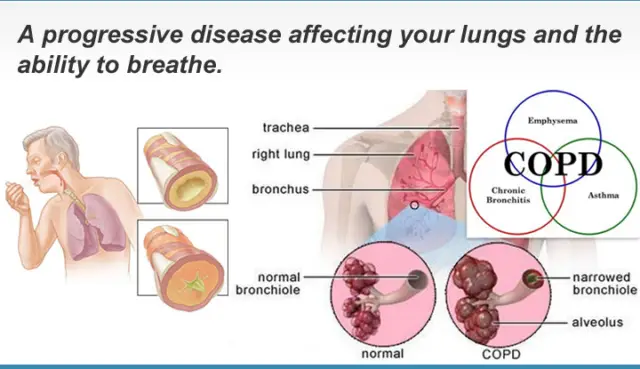Quit smoking is one of the biggest challenges any smoker faces since he is addicted to it due to the rapid action of nicotine in the pleasure centers of the brain. In this regard, the pneumonologist Luis Carlos Morillo said that smoking is a mechanism that generates a sense of well-being in individuals, so the habit of smoking becomes a very complex issue.

The specialist explained that young people who join this practice from an early age -approximately between 12 and 15 years old- do it so out of simple curiosity, without evaluating the risk factors that cigarettes entail for health.
At this point also agreed on the pneumonologist of the Clinical Institute La Florida, Santiago Guzman, who added that soon after smokers become psychologically addicted to nicotine because this component provides different sensations. In turn, this substance also manages to control the mood of the smoker.
Cigarette smoking is one of the top 3 causes of mortality in the world. In the 1st place, there are cardiovascular diseases such as arterial hypertension and myocardial infarction, while in the 2nd place, there are oncological causes and, finally, respiratory pathologies such as the Chronic Obstructive Pulmonary Disease (COPD), a non-curable condition characterized by the progressive reduction of the size of the bronchi due to cigarette consumption and prolonged exposure to wood smoke.

The most effective methods. Even though we know that smoking can kill, millions of people light a cigarette every day. For this reason, scientists have looked for different methods that work for individuals to eventually give up the addiction to cigarettes.
According to Morillo, there are pharmacological procedures, which are those that act directly on addiction and also those that work in the withdrawal syndrome such as the supply of patches, chewing gums, tablets, among other alternatives, in order to prevent the patient from despair “While one drug improves the addiction, the other decreases the percentage of relapses,” he said.
Similarly, there are non-pharmacological methods which refer to behavioral therapies. This technique is very important, because it allows a study of the habits of the person, and thus developing a therapeutic program to combat stress, anxiety, and find a solution to change those patterns.

However, the fundamental thing is the will and perseverance of individuals to abandon this habit that not only increases the risk of death but also alters general health. As for the use of electronic cigarettes, it has its advantages, since it regulates the intake of harmful substances to the organism.
National statistics. Smokers in Costa Rica spend ¢ 19,000 per month on tobacco products. The group with the most smokers is between 45 and 64 years old since 10.4% of the population located in this age range do so. In contrast, among people aged 25 to 34, consumption is 9.8%, and among people aged 15 to 24, it reaches 7.2%.
To consider. Quitting smoking is considered one of the most difficult changes to habits to fulfill. The American Cancer Society warns that “the truth is that smoking cessation programs, like other anti-addiction programs, almost always have low results. But that does not mean they are not worth it or that their participants are discouraged”.
If you stop smoking, you will drastically reduce the chances of getting lung cancer and many other types of cancer. You will also reduce your risk of heart disease as well as heart attacks. Most people start smoking when they see adults smoking or TV stars and music, imitating their non-exemplary addictive behaviors.
